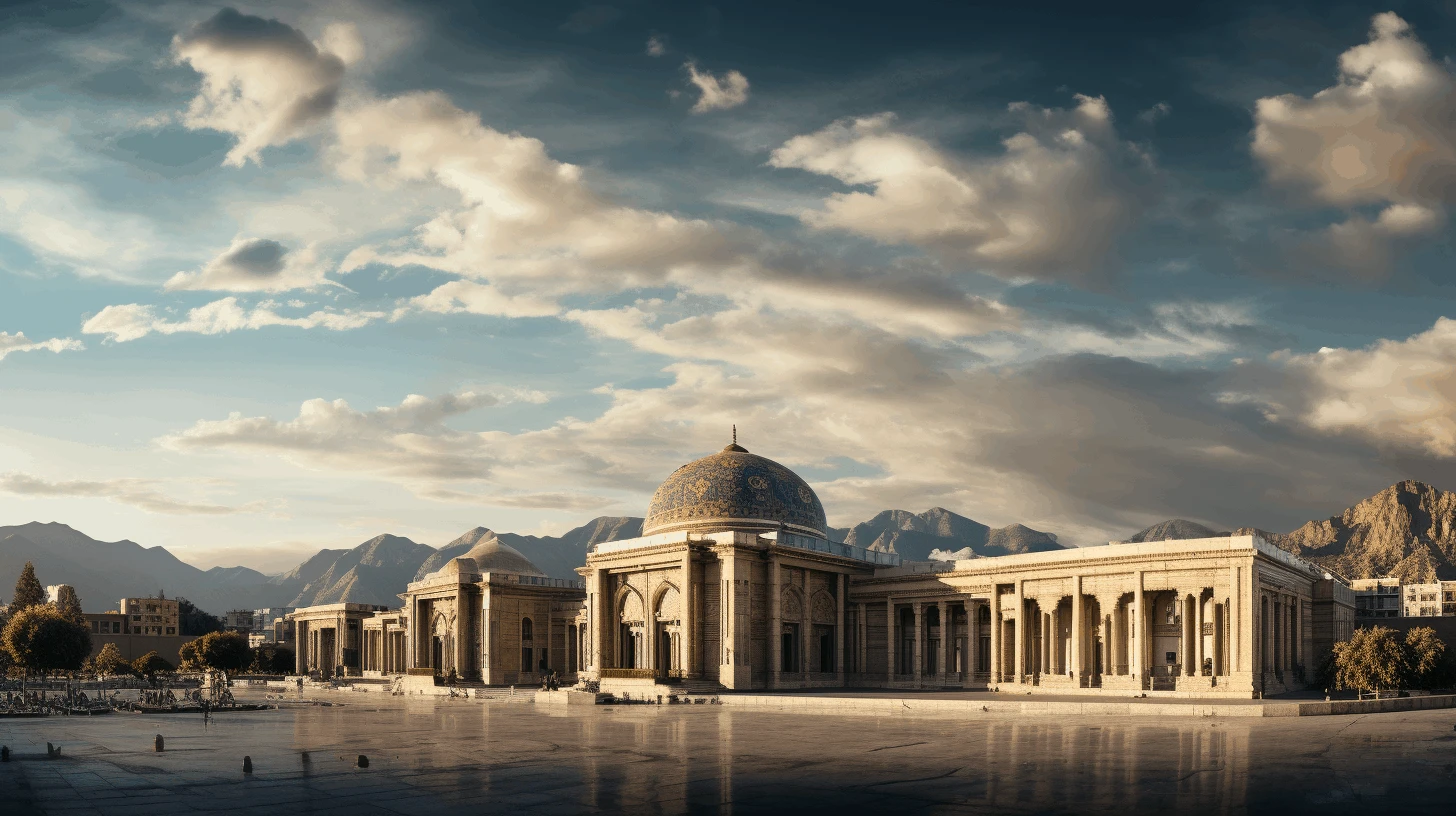
Prayer times in Afghanistan
3:52 AM • +04:30 GMT
Payer Times for Cities in Afghanistan
| City | Fajr | Sunrise | Dhuhr | Asr | Maghrib | Isha |
|---|---|---|---|---|---|---|
| Ghazni | 05:00 | 06:23 | 12:08 | 15:25 | 17:54 | 19:12 |
| Herat | 05:25 | 06:48 | 12:33 | 15:49 | 18:19 | 19:37 |
| Jalalabad | 04:52 | 06:15 | 12:00 | 15:16 | 17:46 | 19:04 |
| Kabul | 04:57 | 06:20 | 12:05 | 15:21 | 17:51 | 19:09 |
| Kandahar | 05:11 | 06:32 | 12:19 | 15:37 | 18:06 | 19:23 |
| Khost | 04:54 | 06:16 | 12:02 | 15:19 | 17:48 | 19:06 |
| Kunduz | 04:57 | 06:23 | 12:06 | 15:21 | 17:51 | 19:11 |
| Mazar-i-sharif | 05:04 | 06:30 | 12:14 | 15:28 | 17:58 | 19:18 |
| Puli khumri | 04:58 | 06:23 | 12:07 | 15:22 | 17:52 | 19:12 |
| Taloqan | 04:54 | 06:20 | 12:04 | 15:18 | 17:48 | 19:09 |
Prayer Times of Others Cities in Afghanistan
About Afghanistan
Situated in the heart of Central and South Asia, Afghanistan, a landlocked country, is characterized by its rich history and diverse cultures, largely thanks to its strategic location along the ancient Silk Road. Covering an area of approximately 652,000 square kilometers, Afghanistan hosts a population of roughly 38 million. The country's topography is varied, featuring rugged mountainous terrains in the northeastern Hindu Kush, arid desert expanses in the southern and western regions, and fertile valleys elsewhere. Kabul, the capital and largest city, is a lively metropolis which still holds many signs of the country's illustrious past. The country is ethnically diverse with Pashtuns, Tajiks, Hazaras, and Uzbeks being the main ethnic groups, and Islam serving as the principal religion. Afghanistan's official languages are Pashto and Dari. The country's history spans millennia, with numerous empires and kingdoms leaving their mark, from the Maurya Empire of ancient India, through the Islamic Golden Age, to the Mongols and more. Despite decades of conflict, the resilience of its people, their rich cultural heritage, such as the Afghan rugs, the cuisine like Kabuli Pulao, and traditional music and dance forms, ensure that Afghanistan retains a strong sense of national identity. Furthermore, Afghanistan has abundant natural resources, including gold, copper, and rare earth elements, yet they remain largely untapped due to ongoing instability. Today, as it navigates its complex political and social landscape, Afghanistan's future hangs in the balance, but the enduring spirit of its people gives hope for brighter days to come.